International
Buenos Aires advances legislative elections to May 18 and suspends the primaries
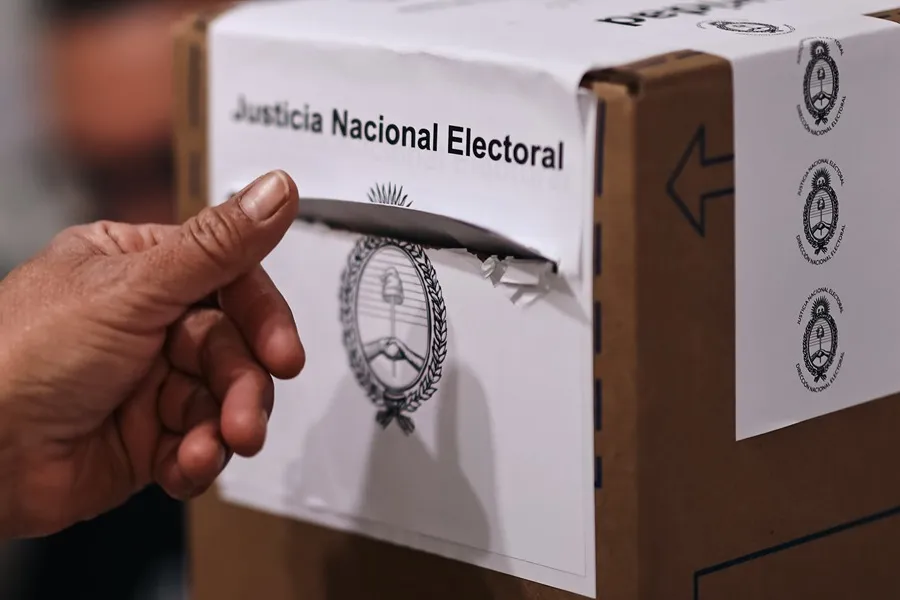
The Legislature of the city of Buenos Aires approved this Friday the suspension of the open, simultaneous and mandatory primary elections (PASO), a measure that, according to the deputy head of government, Clara Muzzio, “allows to save 20 billion pesos (about 18,894 million dollars)”, and advanced the legislative elections for May 18.
“The City Legislature suspended the PASO, a measure that saves $20 billion for neighbors,” Muzzio announced on Friday.
For his part, the mayor of the City, Jorge Macri, maintained that the PASO “were an expensive mechanism that only solved the problems of politicians, not of the people.”
The May 18 elections, which were originally scheduled for July, will be held through the Single Electronic Ballot system.
In that instance, the inhabitants of the city of Buenos Aires will elect their local legislators and, in October, they will have to return to the polls to define, together with the rest of the country, the composition of the chambers of Deputies and Senators.
“The fact that the elections are in May allows each Buenos Aires to decide on their own city, without being tied to national discussions,” said the mayor.
The project was approved in the Buenos Aires legislature with 55 votes in favor, 3 against and one abstention, after an agreement between the main political forces.
The suspension of the primaries in the City of Buenos Aires occurs one day after the Argentine Parliament approved the same measure at the national level.
The original project sent by the national government sought the elimination of the primary system but finally, given the lack of support for that objective, the government chose to promote an initiative that suspends them for this year.
The primary election system was first implemented in Argentina to define the candidates for the 2011 general elections, based on a political reform approved by Parliament at the end of 2009, with the aim of democratizing political representation, transparency and electoral equity.
According to the PASO system, to be qualified to compete in the general elections, candidates or lists of candidates must achieve at least 1.5% of the total votes in the primaries.
All parties are obliged to participate in the primaries, although they do not necessarily have to present more than one list of candidates to decide which one will lead to the general elections, an option for which the majority of the forces have opted in the last elections.
That is one of the reasons why the system has been questioned, among which are also its costs and the cumbersomeness of the organization.
Central America
Nicaragua revokes legal status of 10 more NGOs, bringing total to over 5,600
The Nicaraguan government canceled the legal status of 10 more non-profit organizations on Friday (March 28, 2025), including the Swiss Foundation for Development Cooperation, bringing the total number of non-governmental organizations (NGOs) shut down since December 2018 to over 5,600.
According to the Ministry of the Interior, the Swiss Foundation for Development Cooperation, which had been registered since March 9, 2002, was found to be in non-compliance for failing to report its financial status for 2024 and for having an expired board of directors.
Among the 10 NGOs whose legal status was revoked were religious organizations, educational groups, consumer associations, and aquaculture organizations, all dissolved “voluntarily” or closed under similar reasons.
As of today, more than 5,600 NGOs have been dismantled following the popular protests that erupted in April 2018 in Nicaragua. In most cases, the assets of these organizations have been ordered to be transferred to the state.
International
Marco Rubio warns Venezuela against military action against Guyana
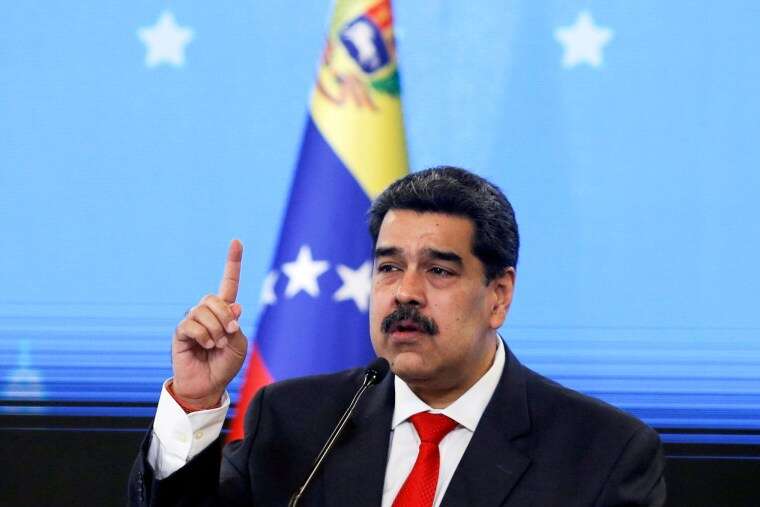
U.S. Secretary of State Marco Rubio warned Venezuela on Thursday that a military attack on Guyana would be “a big mistake” and “a very bad day for them,” expressing his support for Georgetown in its territorial dispute with Caracas.
“It would be a very bad day for the Venezuelan regime if they attacked Guyana or ExxonMobil. It would be a very bad day, a very bad week for them, and it would not end well,” Rubio emphasized during a press conference in Georgetown alongside Guyanese President Irfaan Ali.
International
Ecuador oil spill worsens as containment dam collapses
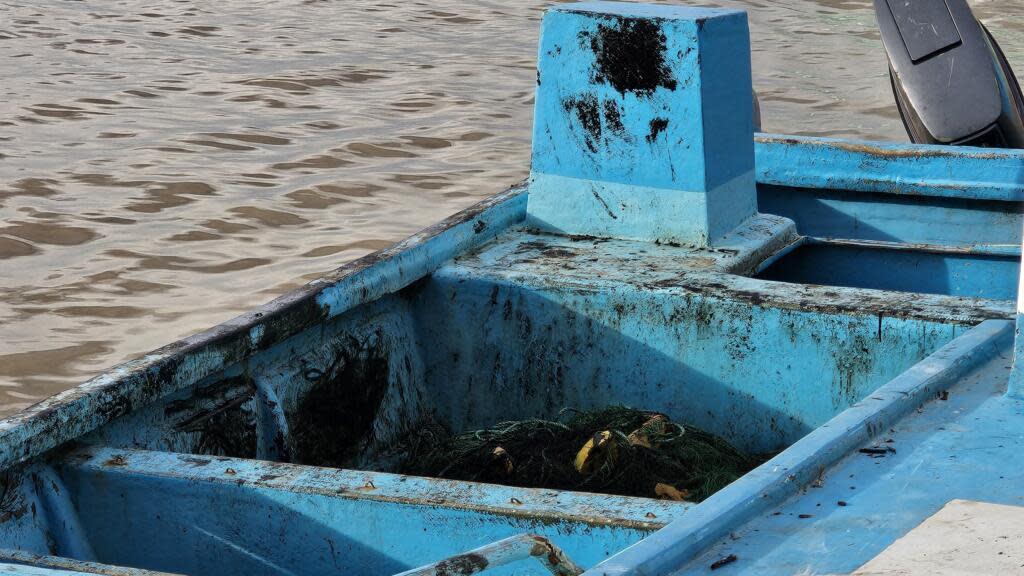
The collapse of a containment dam holding back part of the 25,000+ barrels of oil spilled from a pipeline rupture nearly two weeks ago has worsened the environmental crisis in northwestern Ecuador, contaminating rivers and Pacific beaches.
The Ecuadorian government attributed the March 13 pipeline rupture—which led to the spill of 25,116 barrels of crude—to an act of sabotage. The spill affected three rivers and disrupted water supplies for several communities, according to authorities.
On Tuesday, due to heavy rains that have been falling since January, a containment dam on the Caple River collapsed. The Caple connects to other waterways in Esmeraldas Province, a coastal region bordering Colombia, state-owned Petroecuador said in a statement on Wednesday.
Seven containment barriers were installed in the Viche River, where crews worked to remove oil-contaminated debris. Additional absorbent materials were deployed in Caple, Viche, and Esmeraldas Rivers, which flow into the Pacific Ocean.
Authorities are also working to protect a wildlife refuge home to more than 250 species, including otters, howler monkeys, armadillos, frigatebirds, and pelicans.
“This has been a total disaster,” said Ronald Ruiz, a leader in the Cube community, where the dam was located. He explained that the harsh winter rains caused river levels to rise, bringing debris that broke the containment barriersthat were holding the accumulated oil for extraction.
-
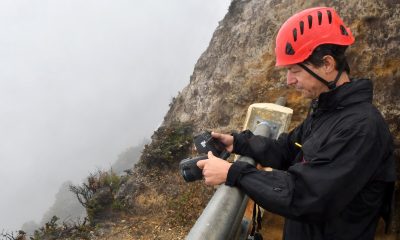
 Central America4 days ago
Central America4 days agoCosta Rica’s Poás volcano on orange alert amid rising magma activity
-

 International2 days ago
International2 days agoFederal court blocks Trump’s use of Enemy Alien Act for deportations
-

 International4 days ago
International4 days agoDHS Secretary Kristi Noem to meet with Mexico’s President Claudia Sheinbaum on friday
-

 International4 days ago
International4 days agoMaduro urges UN to intervene for venezuelan migrants detained in El Salvador
-
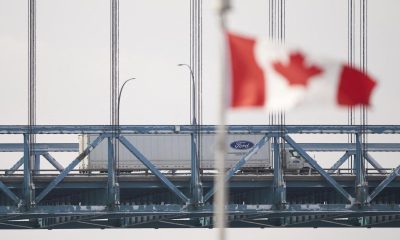
 International4 days ago
International4 days agoCanada updates U.S. travel advisory amid immigration policy changes
-

 Central America2 days ago
Central America2 days agoKristi Noem in Latin America: Talks with Bukele on expulsions and security policies
-
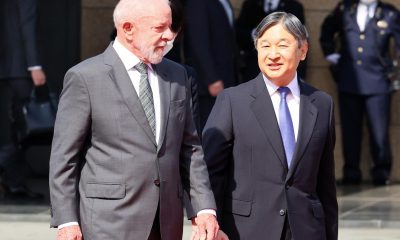
 International4 days ago
International4 days agoLula meets Japan’s emperor as Brazil seeks stronger trade ties
-

 International4 days ago
International4 days agoTrump’s tariff decree disrupts venezuelan oil exports to China
-
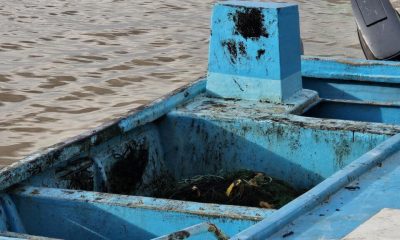
 International2 days ago
International2 days agoEcuador oil spill worsens as containment dam collapses
-
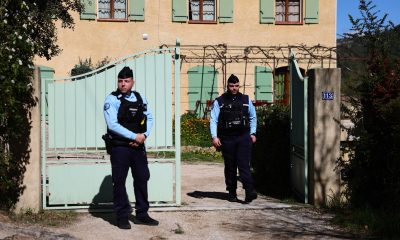
 International4 days ago
International4 days agoMystery deepens in Émile Soleil case as family members are arrested
-

 Central America2 days ago
Central America2 days agoHonduran group in U.S. pushes for voter registration to prevent election fraud
-
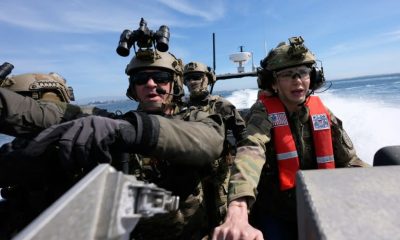
 International4 days ago
International4 days agoU.S. Homeland Security Chief tours Latin America as deportation policy sparks tension
-
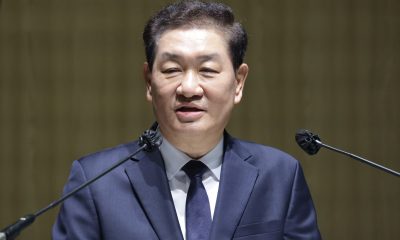
 International4 days ago
International4 days agoTech industry shocked by sudden death of Samsung executive Han Jong-hee
-

 International4 days ago
International4 days agoDHS official recognizes El Salvador as key ally in combating irregular migration
-

 International4 days ago
International4 days agoForensic genealogy uncovers identity of woman found in California in 1966
-

 Central America1 day ago
Central America1 day agoNicaragua denounces Costa Rica’s position in SICA as aligned with foreign interests
-
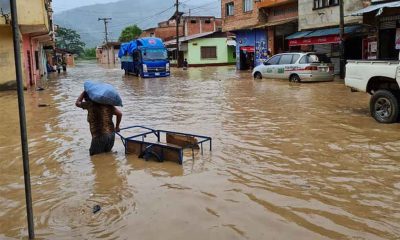
 International4 days ago
International4 days agoBolivia declares disaster in 90 municipalities as heavy rains continue
-

 International4 days ago
International4 days ago23andMe declares bankruptcy amid data breach fallout and declining sales
-

 Central America1 day ago
Central America1 day agoNicaragua’s new judicial law consolidates power in Ortega and Murillo’s hands
-
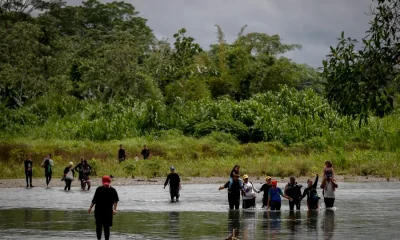
 Central America1 day ago
Central America1 day agoPanama’s president declares Darién gap ‘closed’ amid sharp drop in migrant flow
-

 International1 day ago
International1 day agoMarco Rubio warns Venezuela against military action against Guyana
-
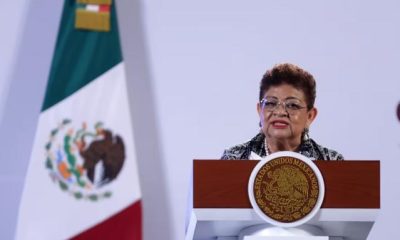
 International4 days ago
International4 days agoMexico to launch National Identity Platform to aid in missing persons search
-
Central America2 hours ago
Nicaragua revokes legal status of 10 more NGOs, bringing total to over 5,600















